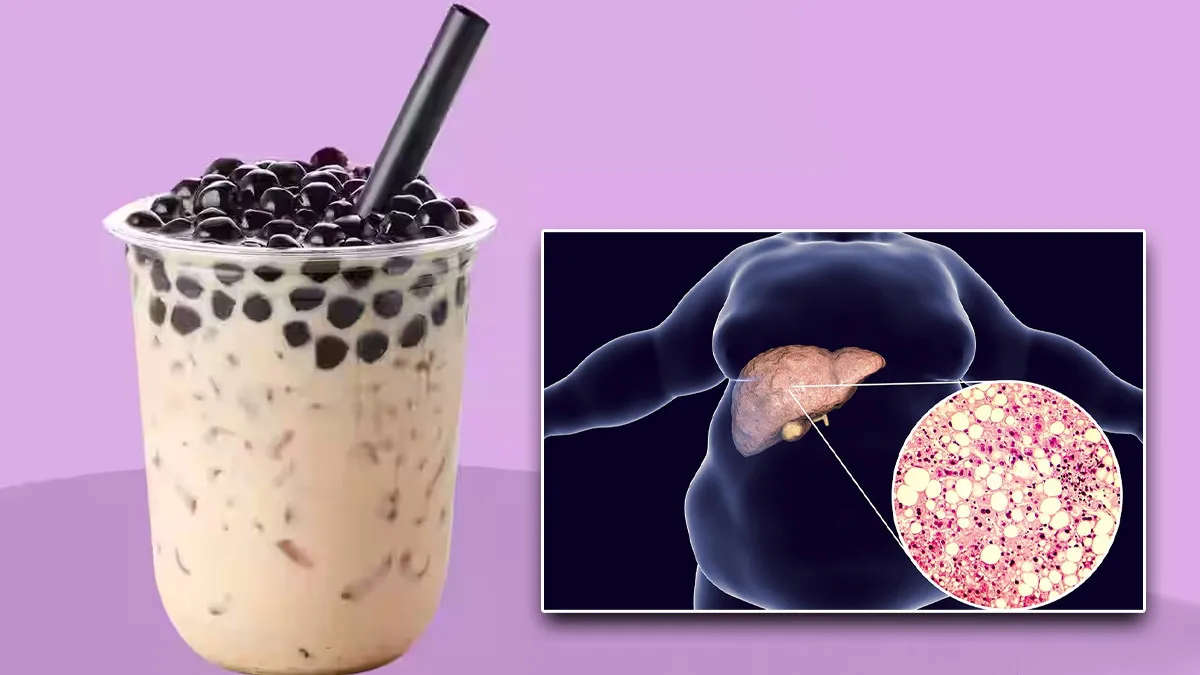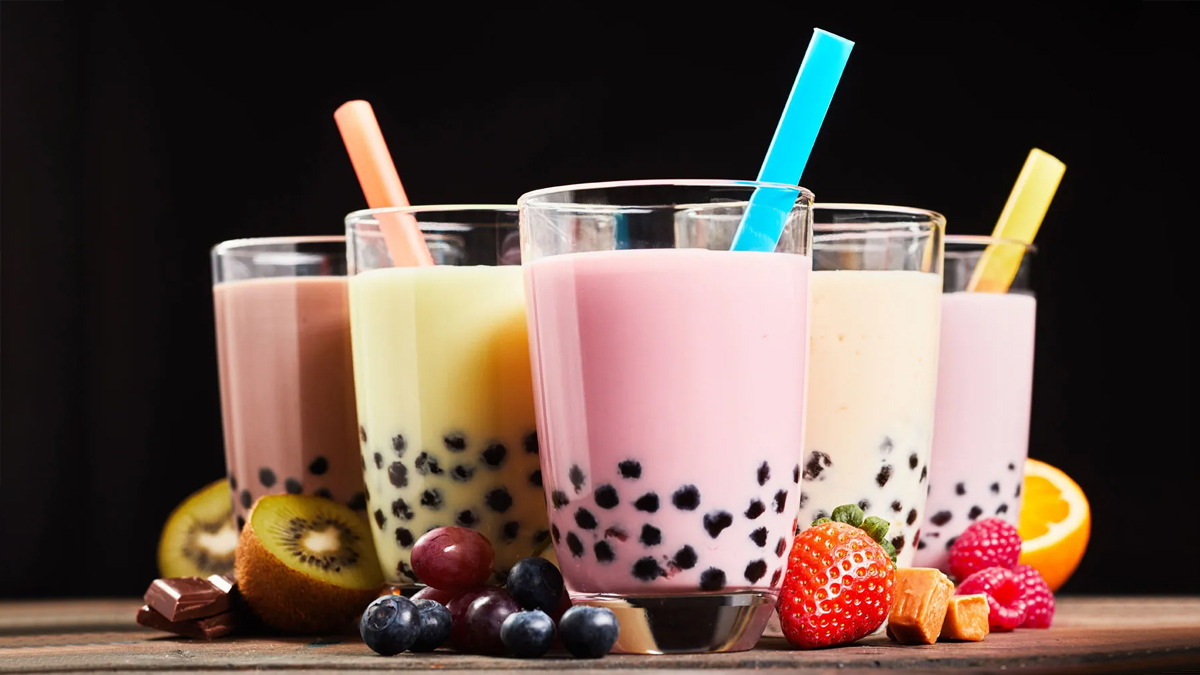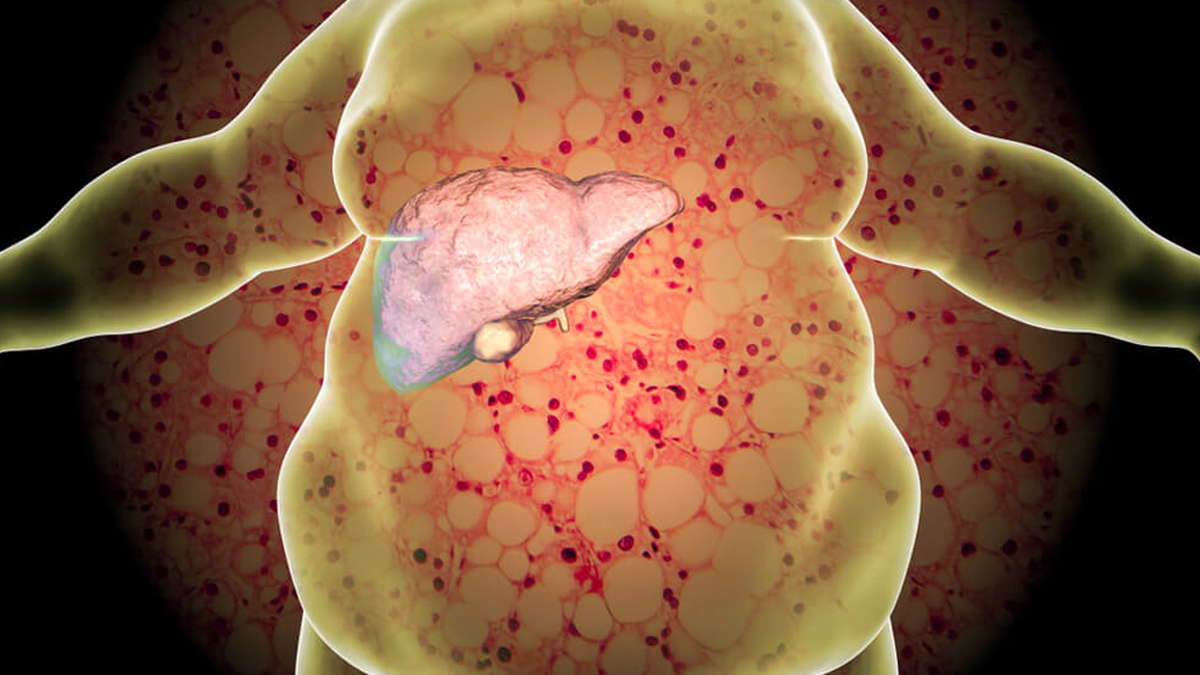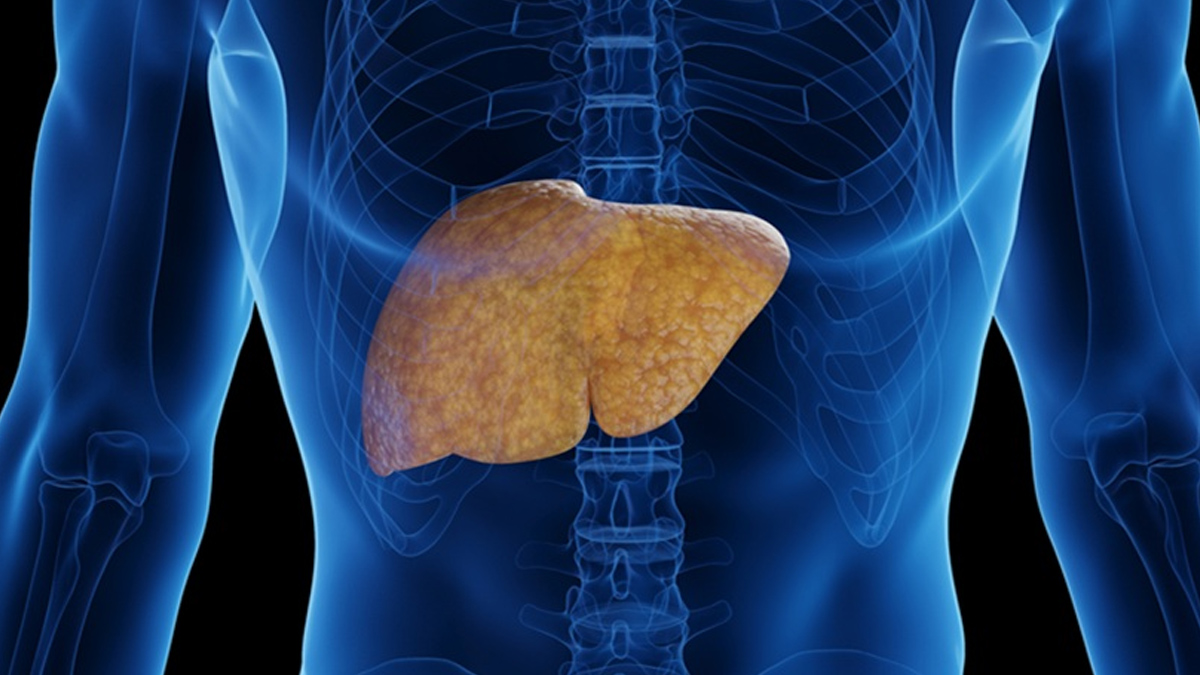
Nowadays, individuals are more cautious with the foods and beverages they consume. With the numerous hip foods and beverages available, it is easy to be swept up in what is trendy, sometimes without considering long-term health implications. One of these trends is boba tea, or bubble tea. Although it's a tasty and fun drink, experts caution that frequent consumption of boba tea may land you in hot water when it comes to severe liver issues, such as cirrhosis.
Table of Content:-
Why Boba Tea is So Popular![boba tea 2 - 2025-07-03T151848.846]()
Boba tea is a sweet, creamy beverage full of chewy tapioca pearls. It's particularly well-liked among teenagers and young adults. The brightly colored cups and limitless flavour options make it popular on social media. But beneath the fun lies a secret danger: the sugar content.
ALSO READ: What Drinking Tea Right Before Bedtime Does To Body
The Link Between Boba Tea and Liver Health![fatty liver by boba tea 1 - 2025-07-03T151850.621]()
Dr Neha Bhatt, Consultant, HPB & Liver Transplant, Kokilaben Dhirubhai Ambani Hospital, Mumbai, describes, "The biggest issue with boba tea is its sugar content. Most boba beverages contain over 50 grams of sugar per serving. That's usually greater than the daily recommended intake for adults.
Most of the sugar is in the form of high-fructose corn syrup or added refined sugar put in the tea, syrups, and tapioca pearls. When you consume excess sugar, your liver needs to process it. Dr Bhatt explains, "Excess sugar, particularly fructose, is converted by the liver into fat. In the long run, this can result in the accumulation of fat in the liver, a condition known as MASLD, or Metabolic Dysfunction-Associated Steatotic Liver Disease."
What Is MASLD and Why Should You Care?![MASLD 3 - 2025-07-03T151852.284]()
MASLD is a form of fatty liver disease that's increasingly prevalent, particularly among younger individuals. It often doesn't lead to symptoms initially, so many don't realise they have it. However, over time, liver fat can lead to scarring (fibrosis) and even cirrhosis, which is irreversible damage to the liver. Cirrhosis can result in liver failure and is fatal.
Dr Bhatt warns, “Regularly drinking high-sugar beverages like boba tea can lead to unhealthy diets and increase your risk of metabolic diseases, including fatty liver, even if you’re otherwise healthy.”
What Are Tapioca Pearls In Boba Tea?
The chewy pearls used in boba tea are tapioca, a processed carbohydrate. They contribute additional calories and sugar to your beverage, but offer no actual nutrition. No fibre, vitamins, or minerals, only empty calories that can quickly get out of hand. A study in the journal Nutrients revealed that excessive consumption of sweetened beverages is associated with a higher risk of developing fatty liver disease. Frequent intake of sugar-sweetened beverages is related to greater liver fat and risk of non-alcoholic fatty liver disease.
How to Consume Boba Tea in a Healthy Way![healthy way boba tea 4 (84)]()
Dr Bhatt recommends, "If you enjoy boba tea, drink it in moderation. Opt for less sugar (such as 25% or no added sugar), order less syrup, or take a smaller size. Drink water, unsweetened tea, or whole fruits to stay hydrated and satisfied. Being mindful of hidden sugars in beverages is an important way to maintain a healthy liver."
Conclusion
Boba tea is a delicious treat, but drinking it too often can harm your liver and increase your risk for fatty liver disease and cirrhosis. Watch your sugar intake, make healthier choices, and remember that moderation is the best way to enjoy your favourite drinks without risking your health.
Also watch this video
How we keep this article up to date:
We work with experts and keep a close eye on the latest in health and wellness. Whenever there is a new research or helpful information, we update our articles with accurate and useful advice.
Current Version




-1751536216347.jpg)